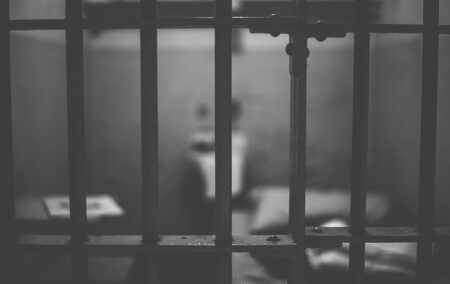Inadequate police training and a lack of accountability for misconduct within the police service are among the reasons for false arrests and convictions in South Africa, according to Sumeya Gasa of the Wits Justice Project (WJP).
This emerged in a Radio 702 interview last week on the topic of false arrests and convictions.
The WJP is a journalistic programme of the University of the Witwatersrand that investigates claims of prisoners being falsely accused.
Prisoners contact the WJP to share experiences, but they are also hoping for legal assistance.
Gasa, senior multimedia journalist on the project, explains that ‘what we do then is assess the merits of the case, or maybe if there’s exonerating evidence that we think will make for a strong case to either overturn a wrongful arrest or wrongful conviction’.
This ‘can lead to legal recourse for someone who’s been wrongfully arrested. We investigate and write about that, but we also work with partners who can assist with legal assistance for people who cannot afford it.’
According to Gasa, the problem of false arrests and convictions arises from a number of systemic problems within South Africa’s criminal justice system, including a lack of proper police training and a lack of accountability for misconduct within the force.
Another contributing issue is a lack of proper legal assistance for accused people. Gasa explains that because most South Africans are poor, many are forced to rely on under-resourced legal aid. ‘In many instances we see people saying they only met their representative when they got to court.’
One consequence is that suspects can spend months – eight years, in one case cited by Gasa – awaiting trial, with the poor being unable to ‘afford real justice’.

